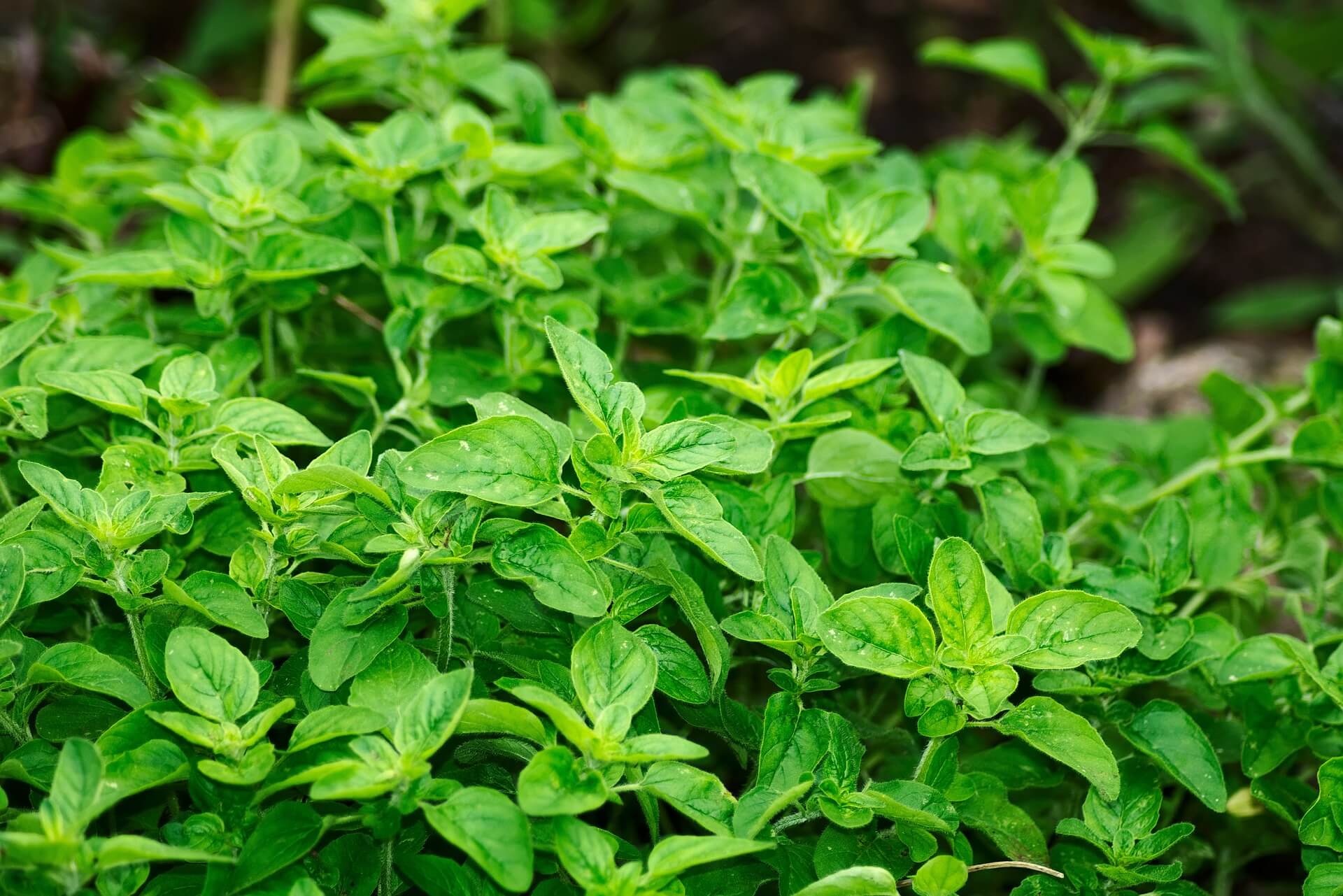
If you’re interested in organic lawn care, chances are you want to use organic, or natural, practices in the vegetable garden, too. Companion planting with herbs is one of the easiest – and tastiest – ways to do this. Along with enhancing whatever you’re cooking up in the kitchen, herbs bring natural benefits to whatever you’re growing in the garden.
What Is Companion Planting?
In companion planting, certain plants are grown together to derive certain benefits. The best-known example is probably “the three sisters”: corn, beans, and squash. Some Native Americans planted these three crops together because the plants did better than when they were planted separately.
Here’s how that works. The bean plants fertilize the soil with a form of nitrogen that corn and squash need. Corn stalks provide supports for the bean plants to wrap around. And squash leaves provide ground cover that prevents weeds from taking over.
The details may be different when companion planting with herbs, but the principle of bringing extra benefits to the garden is the same.
Grow Flowering Herbs to Help Fruiting Plants
Fruiting plants, such as tomatoes, cucumbers, and peppers, won’t produce a crop to harvest and enjoy unless they are pollinated. And that’s a job for creatures like bees and butterflies. To make sure these pollinators visit your garden, plant a mix of any of the following flowering herbs: borage, chives, hyssop, lavender, lemon balm, rosemary, sage, and thyme. These are among the best for attracting bees.
To get the benefit from herbs in the garden and enjoy them in the kitchen, you’ll need to let some of the herbs produce flowers and harvest others to use in recipes. Think of your herbs as feeding both pollinators and people.
Plant Herbs to Repel Pests and Attract Beneficial Bugs
Did pests get the better of your tomatoes last year? This year, plant basil around tomato plants to keep thrips and tomato hornworms away. This is a win-win since basil and tomatoes pair so well in lots of dishes, too. Parsley can provide another layer of defense by attracting beneficial bugs that prey on tomato-harming pests.
Here are more herbs that attract the good bugs and discourage the bad ones:
- Catmint – repels aphids and squash bugs; attracts bees
- Cilantro – deters pests and attracts beneficial insects
- Dill – attracts beneficial insects
- Marjoram – attracts pollinators and other beneficial insects
- Mint – deters pests
- Oregano – attracts beneficial insects
- Sage – repels cabbage moths and carrot rust flies while attracting bees
- Tarragon – deters pests
Increase Biodiversity with Herbs
Scientists and seasoned gardeners alike know that a diversity of animal and plant life makes for a healthier environment. Many argue it improves soil quality, too. Because herbs take up relatively little space, planting them is a great way to increase the biodiversity of any size garden.
Working with Nature
At Simply Organic, we think natural lawn care and natural gardening go hand in hand. Our approach is working with nature to nurture the soil, control harmful pests, and protect beneficial bugs. By incorporating a multitude of herbs into your garden, you can do the same.

